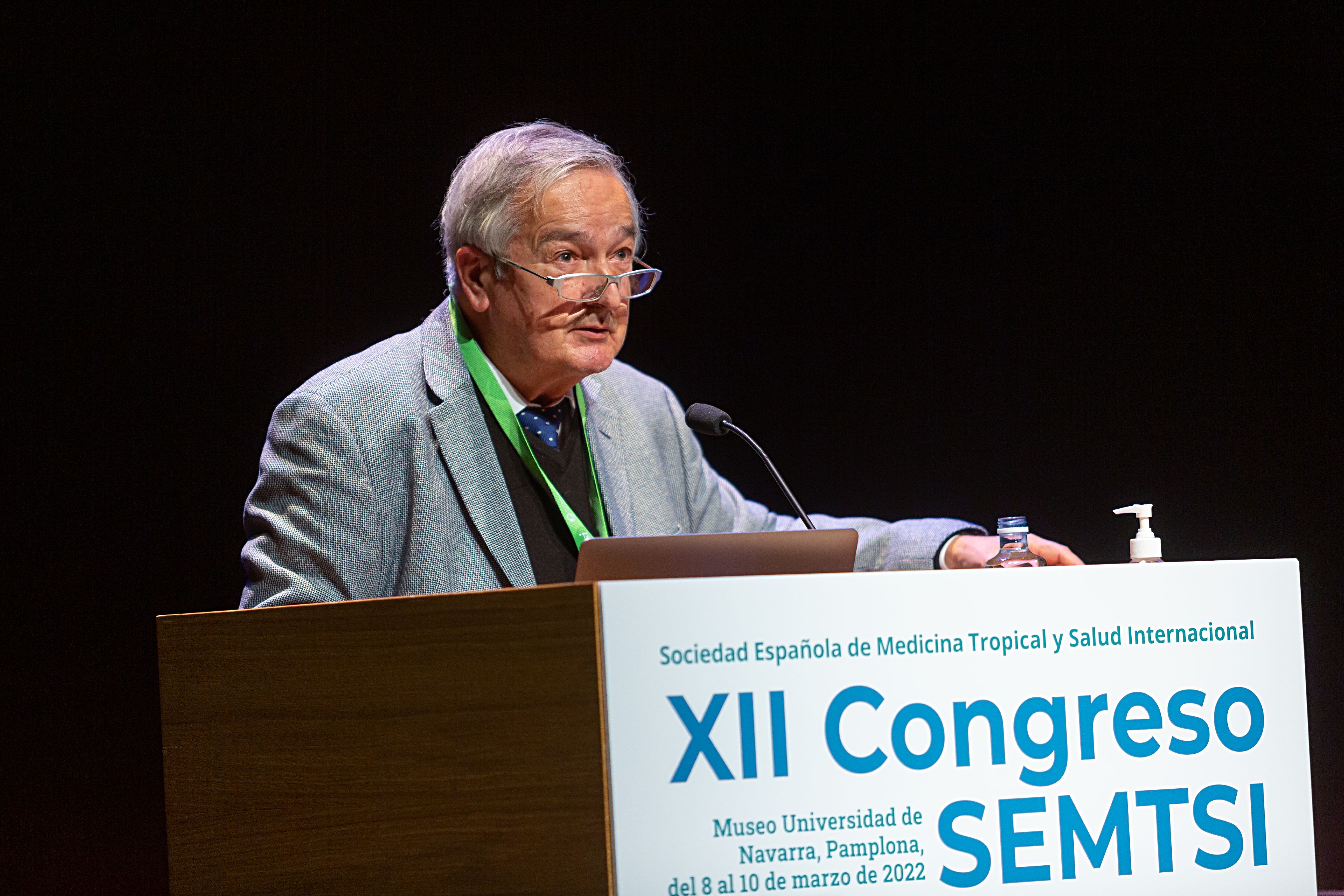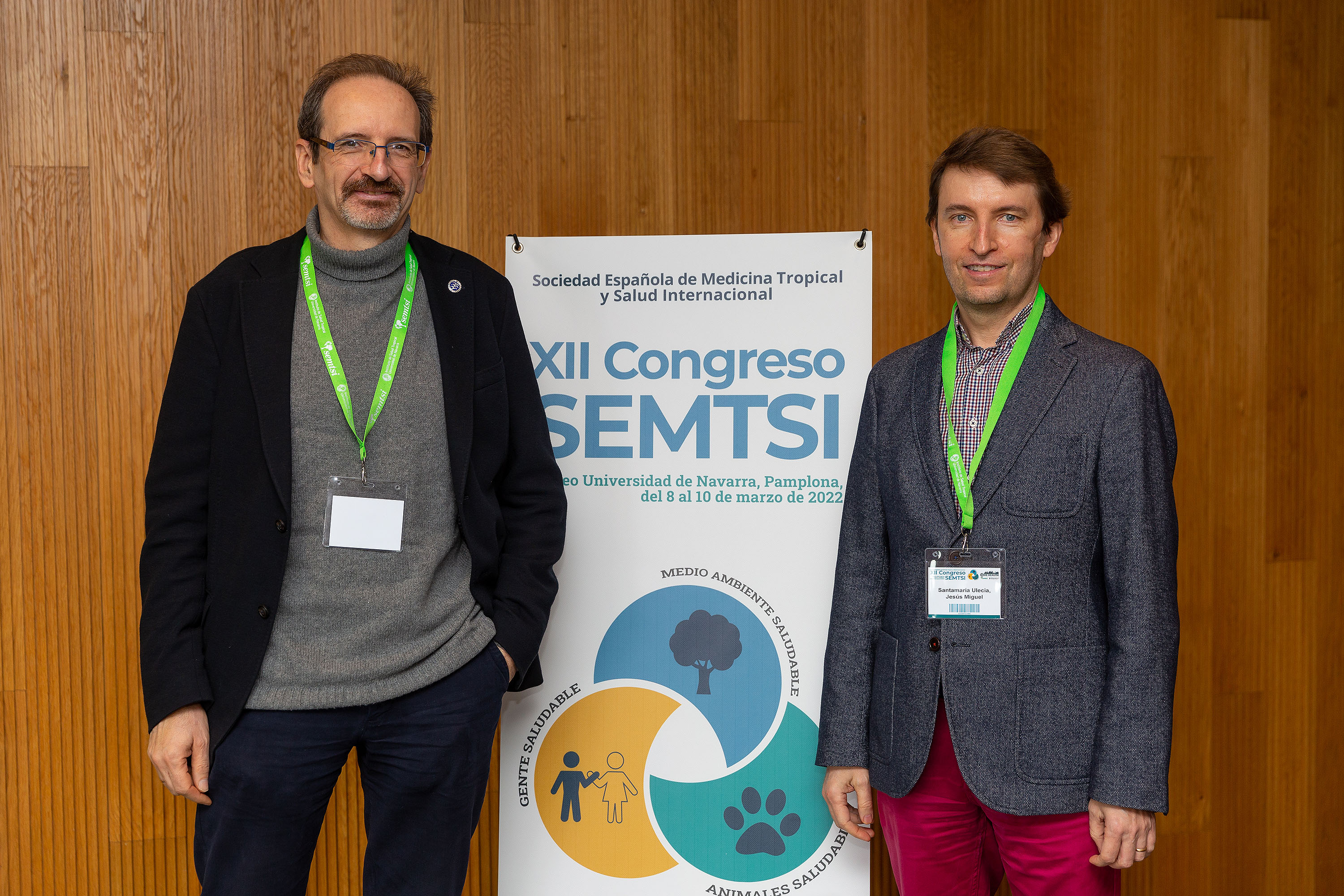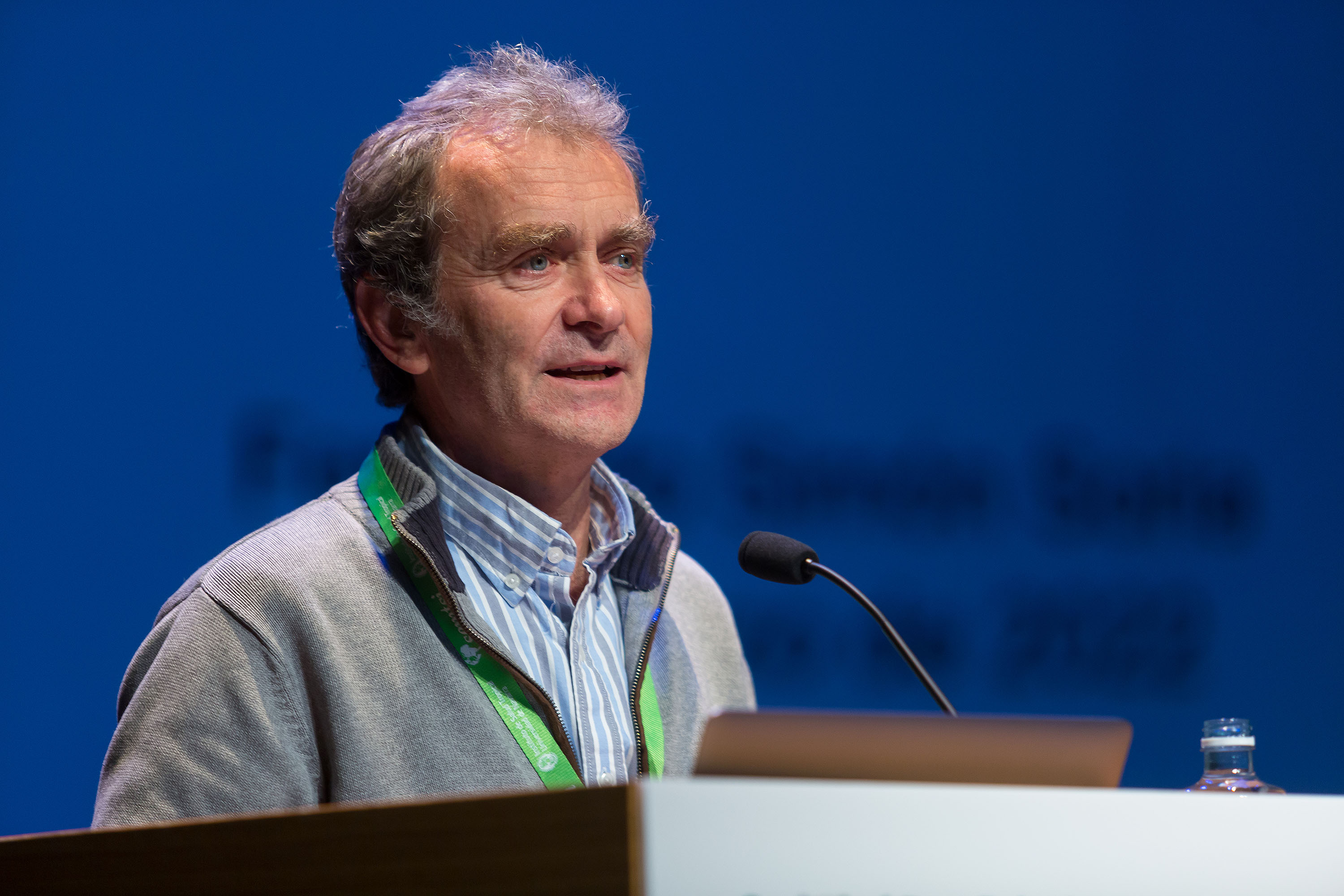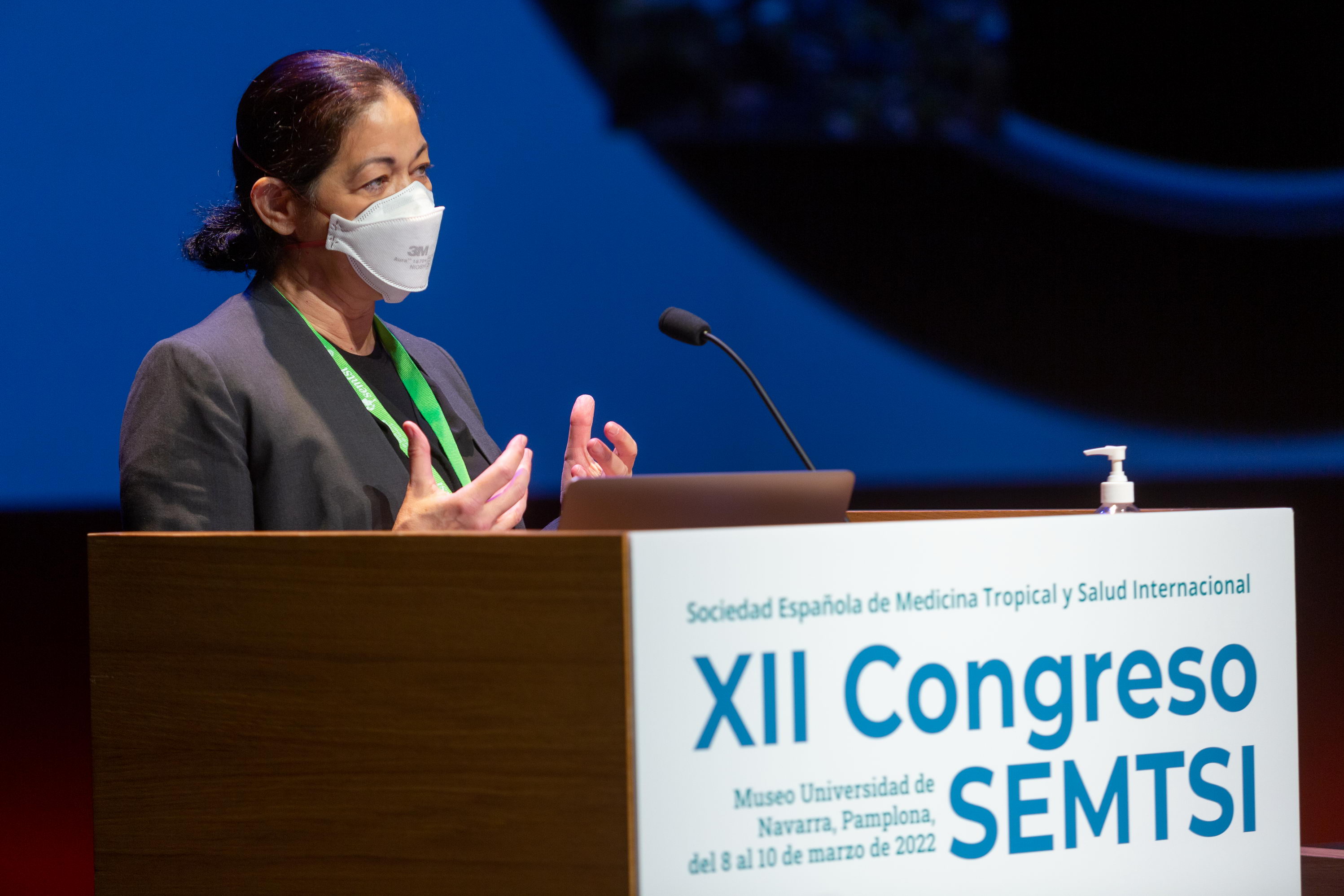ISTUN is working on a vaccine to alleviate diarrhea deaths in developing countries. development
The World Health Organization indicates in its latest report that diarrheal diseases are the cause of 2,195 child deaths worldwide every day, more than AIDS and malaria combined.

PhotoManuelCastells/Carlos Gamazo in the foreground.
11 | 05 | 2021
Nowadays, there is a long issue of bacteria that affect the digestive system. In populations with a higher rate of development we hardly suffer the effects of these diseases. We live, without realizing it, ignoring the complications that these bacteria pose in places as far away as the African continent. The WHO has warned, time and again, about the need to develop a vaccine to help alleviate this status so serious that they live in areas of several developing countries development.
The researcher principal of project, Carlos Gamazo, tells us the following, "these bacteria are transmitted mainly through contaminated food and water. In unhealthy circumstances, these pathogens find their way into consumer goods such as those mentioned above".
Unfortunately, most of the infections usually occur in children. They are the most vulnerable group to these pathogens. Since they are not aware of the risk associated with spoiled food. Unfortunately, children who contract this bacteria subject , experience different annual episodes of diarrhea of considerable severity and, as a result, there are states of malnutrition that hinder the own development of the child's immune system. This in turn makes them weaker against other diseases in the area, making infant mortality the highest in the world.
Due to the above reasons and to the withdrawal by local governments, the WHO establishes as a priority the research on the vaccine against Escherichia coli ETEC (name of the bacterium), since it is the only way to put an end to the dramatic status that the populations of certain countries with deficient public health systems have to endure.
A group multidisciplinary of researchers at the University of Navarra have been working for several years on the study and design of a specific vaccine that can alleviate the effects of these bacteria. However, you tell us that "one of the difficulties of this research focuses on the requirements for the third world: low cost, easy administration and does not require conservation and cold transport".
Developing a vaccine against a virus is relatively easy. You need to know which proteins the virus uses to enter the body. Unfortunately, however, developing vaccines against bacteria is more complicated. "To date, the life cycle of these bacteria, including the expression of their virulence factors, is not fully understood, which is necessary information for the rational design of a vaccine." Because of this, there is still a long way to go work to achieve the long-awaited goal control of this devastating scourge.




